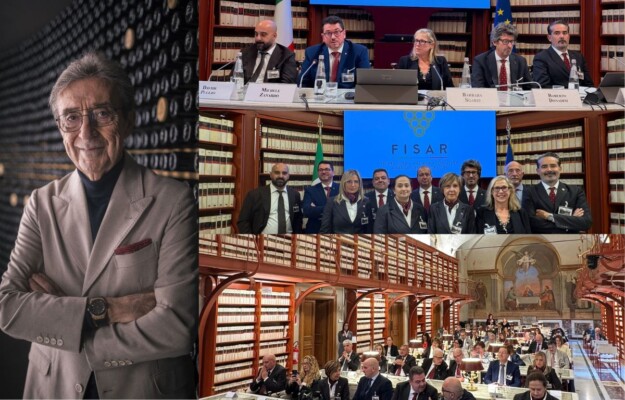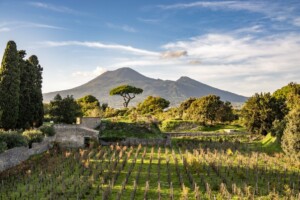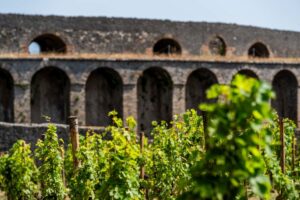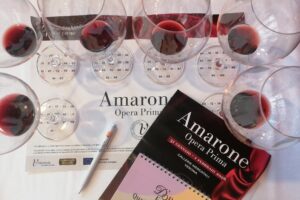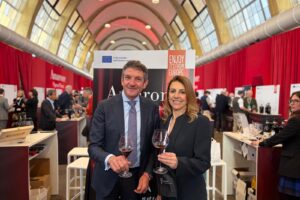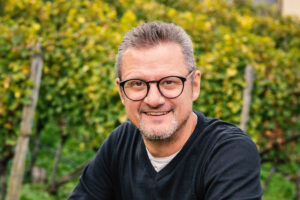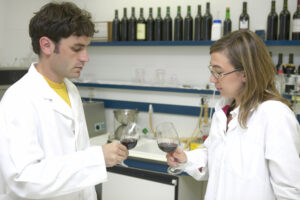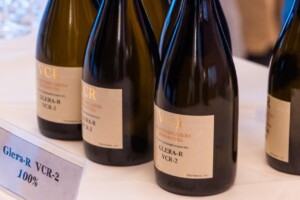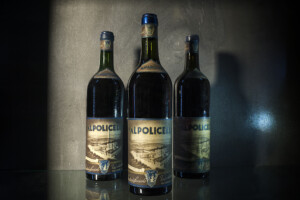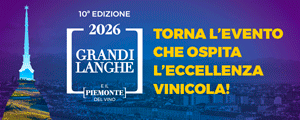Riccardo Cotarella, internationally renowned oenologist and president of Assoenologi, expressed words of confidence and hope in his opening address at the 2025 FISAR National Congress, held recently. He said, “wine is going through a challenging moment, of reflection and revision, but not dangerous. In my long career, I have seen greater crises than this one fully resolved. Italian wine has always been able to revitalize itself, regaining its place as a symbolic product of the National agri-food sector. We are the largest wine producers in the world and the richest in biodiversity, territories, and culture. We must continue to communicate this forcefully, otherwise the risk is being overtaken by countries that lack our history and our tradition.The future of Italian wine depends on our ability to work as a team and better communicate who we are; that is, a unique heritage, representing the soul and culture of the country”. The conference was held at the Library of the Chamber of Deputies in Rome, featuring the event, “Wine as a Tool for Promoting Made in Italy”. Several of the most authoritative voices on the Italian wine scene participated in the conference to discuss the challenges and prospects of the sector, such as Michele Zanardo, president of the National Committee of PDO and PGI Wines, Roberto Donadini, National president of FISAR, Michelin-starred Chef Davide Pulejo, and Giorgio Mulè, vice president of the Chamber of Deputies. The conference, as mentioned, took place in a moment of concern for the wine sector, impacted by new US tariffs and a temporary slowdown in exports. According to ISMEA data, American importers anticipated supplies in the first few months of the year, generating a stockpiling effect that disrupted sales flows. Plus, the intra-EU market now accounts for approximately 40% of total exports, a sign that the supply chain, in spite of ups and downs, continues to demonstrate strength. According to the FISAR statement, “we are not in a structural crisis, but rather an adjustment phase that requires rebalancing and clearer, more responsible communication, to enhance wine’s strategic role for the country’s image and economy”. What we need, according to Roberto Donadini, is “to move past provincialism, as networking among sommelier associations is now a necessity, not an option. The only path is collaborating across service, training, and production organizations so we can jointly enhance our extraordinary winemaking heritage and confidently address the challenges of the future. The connection linking dining, cooking, and the local area is what makes wine become culture and a tool for growth in Italy, which is precisely the reason why we at FISAR are working every day to train competent and responsible sommeliers, to be able to promote an education in true and good drinking, collaborating with institutions and associations in the sector”.
Michele Zanardo said, “Italy today boasts approximately 530 designations of origin and geographical indications, representing over 500 grape varieties. It is an extraordinary, yet fragile, wealth, as ten designations account for 50% of Italian wine exports, quite a sobering fact. We must, then, work together to promote the most remote regions, too, and ensure economic as well as environmental sustainability. Italy was one of the first European countries to adopt a law on designations in 1963. Sixty years of history have made our model a benchmark for Europe. Our history, though, must be renewed, because wine is not just an economic product, it is a form of civilization”. Finally, Davide Pulejo said he believes that “institutions should place much greater emphasis on the human factor, not just in the wine world, but in every field. It's crucial to educate young people, make them fall in love with their work, and allow them to share this passion with the world. We are ambassadors of Made in Italy through food and wine, and this is where our country’s growth must start again”.
Copyright © 2000/2026
Contatti: info@winenews.it
Seguici anche su Twitter: @WineNewsIt
Seguici anche su Facebook: @winenewsit
Questo articolo è tratto dall'archivio di WineNews - Tutti i diritti riservati - Copyright © 2000/2026










